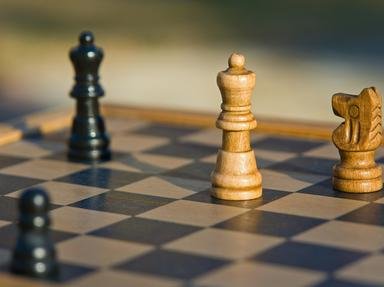Quiz Answer Key and Fun Facts
1. In the first 41 chess Olympiads, one country has completely dominated, winning 24 of those 41 Olympiads. Which chess-mad country is that?
2. The 23rd Olympiad in Buenos Aires in 1978 resulted in a third gold medal for the winning country. Which country, featuring a team of Portisch, Ribli, Sax, and Adorján, was this?
3. Which country, fielding a team of Ivanchuk, Ponomariov, Volokitin, and Moiseenko, won its first Olympiad in 2004?
4. Which small country won its first Olympiad in 2006, fielding a team of Aronian, Akopian, Asrian, and Lputian?
5. Alexander Alekhine played in four Olympiads in the 1930's while he was world champion. Which country did he play for?
6. The next World Champion after Alekhine played in every Olympiad from 1954 through 1964--six in all. Who was this Soviet great?
7. England did well by finishing second to the Soviet Union in three straight Olympiads in the 1980s. Who were the main players on these English teams?
8. In the 29th Olympiad, held in Yugoslavia in 1990, the gold medals on all three boards of the women's tournament were won by three sisters. Who are these Hungarian prodigies?
9. Argentina had some great Olympiad performances during the 1950s, finishing second to the Soviets three straight times. Who was the great Polish-born Grandmaster who played board one for Argentina?
10. The 2014 Olympiad had teams competing from a record 172 countries. It was won unexpectedly by China, giving the country its first-ever gold medal. Which country, the home country of World Champion Magnus Carlsen, hosted this event?
Source: Author
chessart
This quiz was reviewed by FunTrivia editor
WesleyCrusher before going online.
Any errors found in FunTrivia content are routinely corrected through our feedback system.
